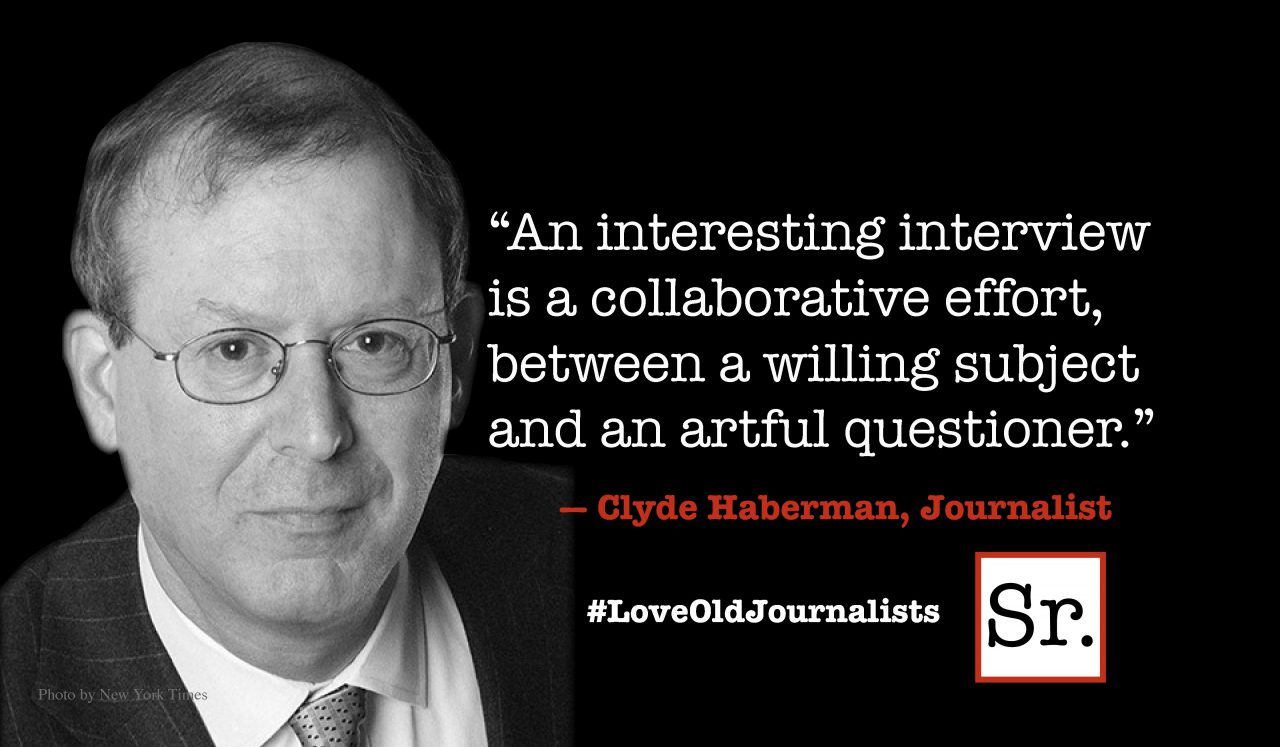Two years ago I wrote about the tremendous inflation in health care costs in the post, "How am I supposed to Pay For This?" At that point I seriously wondered how I'd be able to pay the huge in rate hikes every year for Betty and me until I was old enough for Medicare.The health insurance industry seemed to have a rather twisted business model: drive away almost all your customers while trying to keep only the healthy ones who could afford the highway robbery rates. Is this what we are facing during our satisfying retirement?
Since that post was written there has been a lot going on, some of it good but most still confusing and potentially hurtful. So-called Obamacare became law about one year prior to my article. I have no interest in debating the political aspects of the law. Since the most important parts still haven't taken effect and won't for almost another year I do want to look at a few of the changes that are looming ahead of us.
After the Supreme Court ruling allowed the major parts of the law to proceed, states, insurers, and companies are scrambling to get ready. One of the key elements is that insurers will have to offer a policy to anyone who wants one, regardless of their health. The insurers will not be allowed to charge more in premiums to someone who has an expensive medical conditions. State or government-run "exchanges" will make policies available to those who cannot afford a private policy. Since these exchanges have yet to be set up no one really knows what the final costs might be for individuals and companies that continue to offer health coverage.
From personal experience I do know that the individual policies that Betty and I carry have increased at close to 17% per year since the bill first passed Congress. I would guess they are attempting to build up their cash reserves before unhealthy people can buy their product. These companies face another huge change in their approach. After years of treating the individual market as an annoyance, the law now forces them to actually pay attention to the individual buyer
Of course, once I reach 65 in 2014 I am all that interested in a standard health insurance product in any case. I will be in the market for a supplemental policy to help with the 20% Medicare doesn't cover, plus the various deductibles and the "donut hole for drug coverage."
A good friend sent me a large packet of information that her small business must understand in their response to the various mandates and directives. I don't envy her or any business owner the tasks of complying with all the new rules. I read through the Power Point slides she sent and became confused after the 20th one…with 49 more to go! While there are too many unknowns yet to make a definitive statement, I am willing to bet that many small businesses will face substantial increases if they want to continue to offer coverage, penalties if they figure incorrectly, or they may choose to simply stop offering coverage and let the individual purchase coverage through the private offerings or the government exchanges.
With that fresh introduction, here are portions of the original post that continue to resonate with most of us.
Costs Are Insane
My wife and I have been in the individual health insurance market for 32 of our almost 37 years of marriage. Today, just paying the premiums on policies with very high deductibles and no drug coverage consumes 25% of our gross income each year. Even with me covered by Medicare in 1 more year, by the time my wife is old enough for coverage I expect we'll be forking over closer to 35%.
A simple 2 or 3 day stay in a hospital costs more than $20,000. The average hospital stay in this country is 5 days and the cost is $44,000. Two years before she died my Mom broke her leg. The cost was $110,000. Medicare and her supplemental policy paid all but $1,000 after the bill was cut by more than 70%. Note I said she broke her leg … she didn't have a heart transplant or anything fancy. Just a broken bone that we probably all have had at least once while growing up.
Those numbers make no rational sense. The entire system is based on the premise that those without insurance pay more than those with coverage. Hospitals agree to provide certain services and costs paid for by an insurance company at an extreme discount and then make their profit on hugely inflated charges that you have to pay. At the same time they are required by law to treat anyone who walks into their ER, regardless of that person's ability to pay.
We all have to take responsibility for keeping as much of our money out of the pockets of doctors, hospitals and insurance companies. Exercise, eating well, keeping stress low, and so on are steps every one of must and can take to prevent financial ruin from a preventable health issue.
Your Turn To Help Us All
My questions for you, though, are more basic. Since we are all in this together maybe we can learn from each other. Maybe you have discovered a way to get decent health care without filing for bankruptcy. Maybe you have a horror story about costs or health care problems you want to scream about from the rooftop. How exactly do you cover your health care costs?
One favor: please avoid blaming a political party, president, or policy. While there is plenty of blame to go around and this problem has been festering for years, that is not my goal with this post. I hope we can help each other by comparing our situations.
Look at each of these scenarios. Which one describes you? Please answer one or more of the questions under that heading. You can leave your comment anonymously if you'd like. But, I really hope we can get a dialog going about this issue and share strategies.
If you are covered by Medicare:
- Do you have supplemental coverage?
- Do you purchase Part D?
- Do you use an Advantage policy instead?
- Are you worried about restrictions on what is covered?
If you are in the individual market (insurance not provided by work or government):
- How rapidly are your premiums increasing each year?
- What benefits or costs have increased while the policy gets more expensive?
- Are you afraid your insurance company will stop covering individuals?
If you are covered through work or a pension:
- Has coverage changed since you left work?
- Have your costs gone up?
- Are you worried your company may eliminate health coverage?
If you have no insurance (like 47 million of us):
- Are you skipping medical tests, procedures, and pills due to cost?
- What would you do if hit with a major medical expense?
- Do you use the emergency room for treatment of non-emergencies?
In all fairness to the insurers and others involved in providing care, there are an increasing number of studies that show we, as Americans, are not helping this situation with our refusal to change how and where we live. Dr. Richard Johnson, of UCLA Medical School and host of several PBS shows says:
"The CDC monitors the health of Americans over time using portable clinics to visit and examine a solid sample of the American people. This article in JAMA Internal Medicine due out Monday validates what primary care clinicians already know: Americans are unwell and rapidly becoming sicker, and “care as usual” is failing clinically and financially. In less than one generation, comparable groups of middle aged Americans (ages 46-64) have gone from 32% saying they are “in excellent health” down to 13%. The portion needing canes and wheelchairs has doubled, and over half of us get no physical activity, up from 17% since 1990.
The patient, the United States, is getting sicker and the usual medical treatments are failing. It is time to step back to make a better diagnosis—what is the underlying disease? I suggest that in the US we have created isolating environments, high in calories and low in walking and physical activity. Every doctor knows what does not work: merely telling patients to eat less and move more. It is time to create environments, physical and social, educational and commercial, that promote health, not disease. Sometimes in medicine we need to watch and wait, but with this epidemic for America, that time is long past."
We are very likely a large part of the problem. But, that doesn't change the reality of a health care system that has become unaffordable to many of us.
I really am looking forward to lots of comments and lots of feedback. Be as open as you are comfortable being in explaining your situation and answering these questions. I can't think of a subject that affects a satisfying retirement any more than this.









